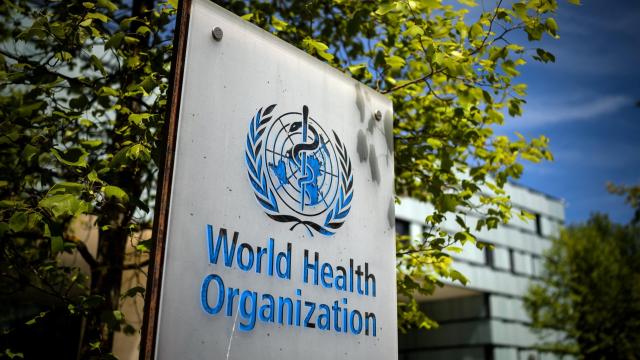According to a new estimate released by the World Health Organisation, at least 3 million people worldwide likely lost their lives to the covid-19 pandemic in 2020. The figures are the latest to suggest that many countries’ official counts have substantially underestimated the toll of the pandemic, which is still raging in much of the world.
The numbers were revealed in the WHO’s annual World Health Statistics report, published Friday. By the end of 2020, the authors concluded, there were more than 3 million excess deaths globally that could be attributable to the pandemic — 1.2 million more deaths than the official count of 1.8 million at the time. And since then, deaths have only continued to pile on, with around 3.2 million officially reported to the WHO as of May 1.
In discussing the WHO’s findings today, Samira Asma, WHO assistant director-general in charge of data, told reporters that total pandemic deaths are likely two to three times higher than officially reported. And when asked to estimate the number currently, Asma replied, “I think safely, about six to eight million deaths could be an estimate, with a cautionary note.”
The new estimates do roughly align with other recent attempts to tally up the likely death toll so far. Two weeks ago, for instance, forecasters at the Institute for Health Metrics and Evaluation estimated that 6.9 million people had died of covid-19 by early May. This included over 900,000 people in the U.S., which is far higher than the official toll of around 590,000 deaths as of now. Last week, the Economist released its own estimates, arguing that somewhere between 7 million to 13 million have died from the pandemic.
In truth, it will take years to get a full grasp of the destruction caused by the pandemic. For one, it isn’t over, with countries such as India still in the middle of their worst peaks to date. Many other countries will remain at risk for large outbreaks so long as the global vaccine supply is insufficient. By some estimates, it may take until 2024 before mass vaccination worldwide is possible without more boosts in production and access. There are also other, less direct impacts that the pandemic has had on our society that aren’t so easily measurable, such as lags in health care meant to manage other major threats like HIV/AIDS or cancer.
Thanks in part to a successful vaccination program, the U.S. is continuing to experience a steady decline in new cases. So for Americans, the worst of the pandemic may now only be a painful memory. But for much of the rest of the world, covid-19 is far from over.
